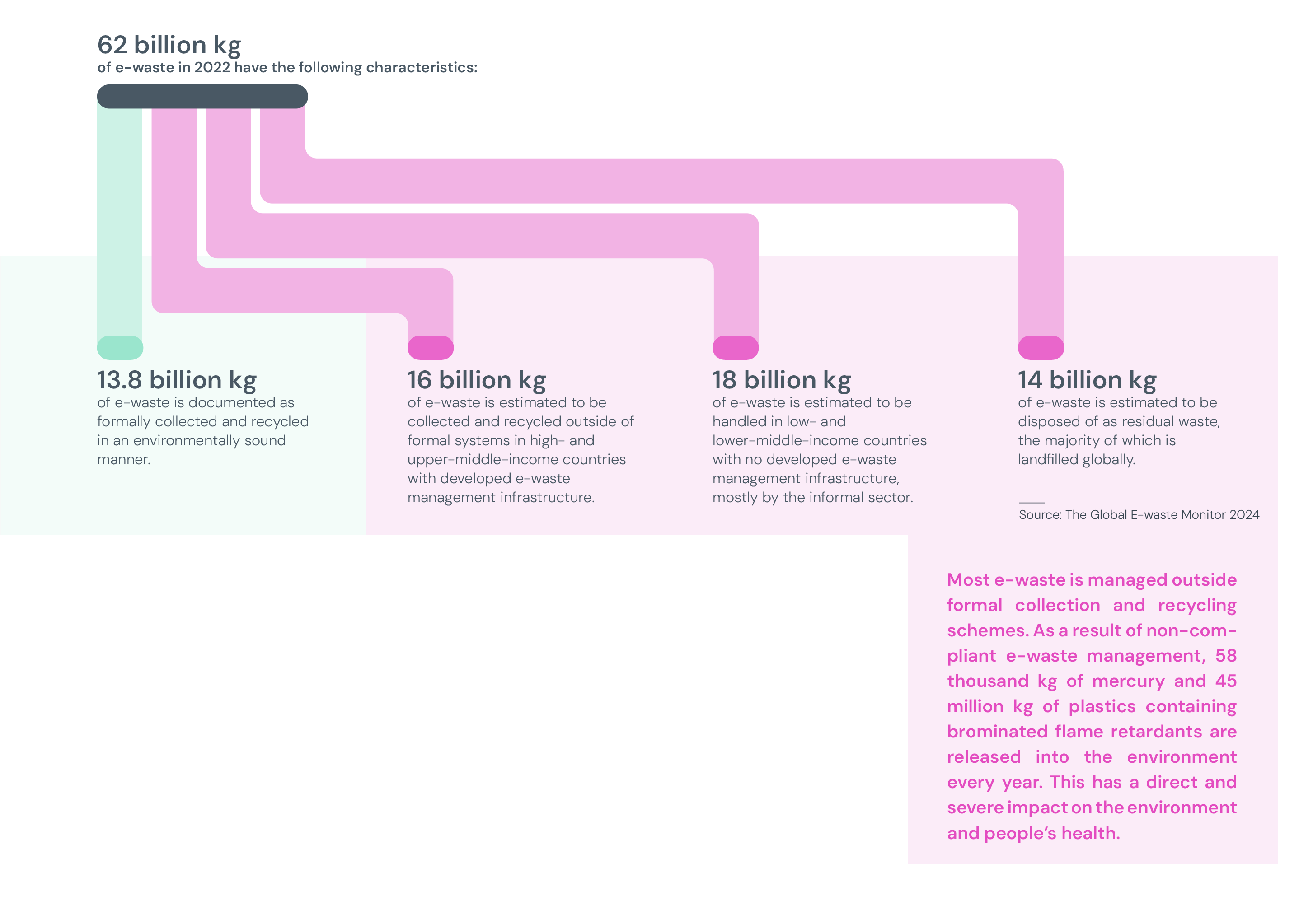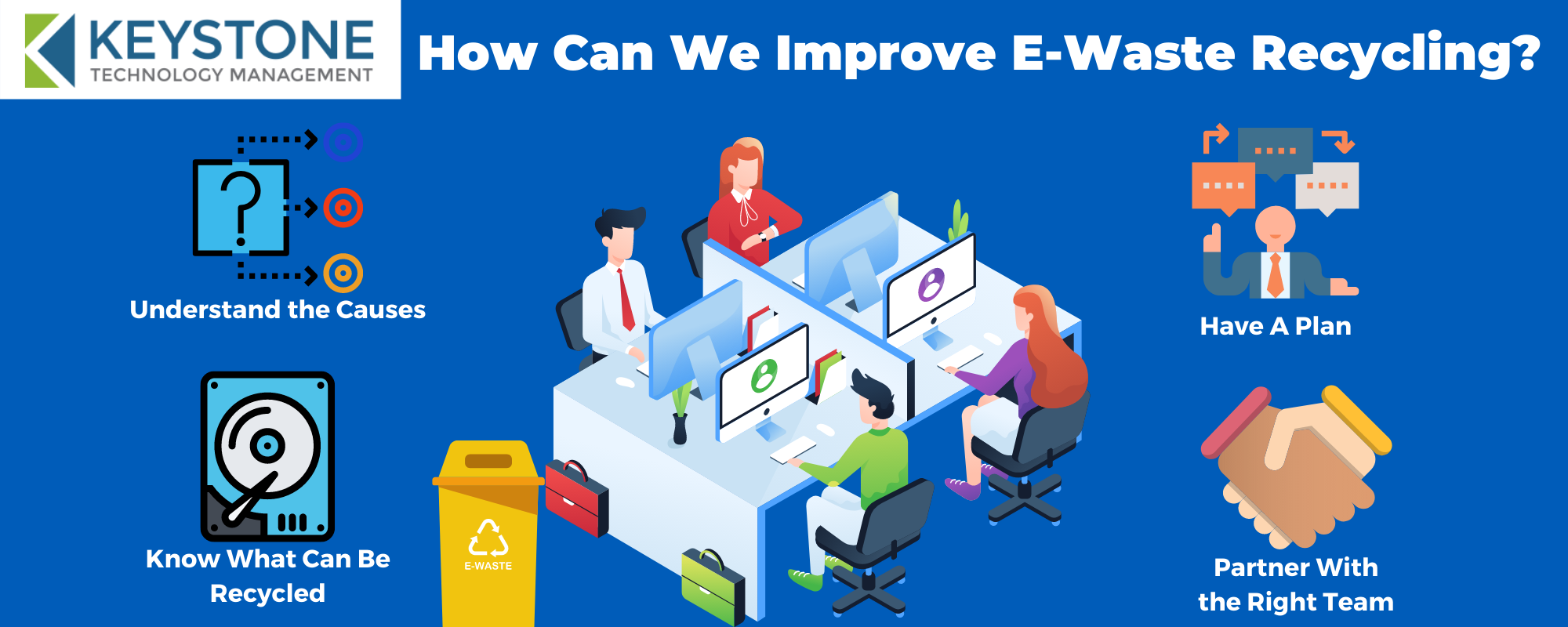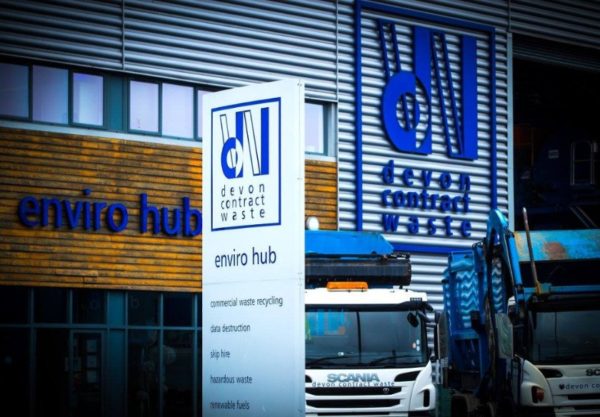How Recycling Lives Services can Save You Time, Stress, and Money.
How Recycling Lives Services can Save You Time, Stress, and Money.
Blog Article
The 9-Minute Rule for Recycling Lives Services
Table of ContentsFacts About Recycling Lives Services Uncovered3 Simple Techniques For Recycling Lives ServicesIndicators on Recycling Lives Services You Need To KnowIndicators on Recycling Lives Services You Need To KnowThe Buzz on Recycling Lives Services

You can take all family electrical items to Oxfordshire's waste reusing centres for recycling. If your product is in functioning problem, think about donating it. If your electric item is broken, you might try to find a regional fixing caf where volunteers can repair it. You could also take into consideration borrowing electric items that you don't utilize regularly. Furthermore, all Oxfordshire local authorities accept vapes and e-cigarettes as a different kerbside collection. Disposable vapes be placed inside your wheelie containers. Exactly how they are accumulated in each area varies somewhat; examine you have the proper information for your location. Make use of the Waste Wizardsearch tool to inspect how your neighborhood authority collects this waste or discover other drop-off places in your location.
Mobile batteries the kind you find in little portable devices can likewise be recycled at the kerbside yet not inside any of your bins. Bigger stores that offer batteries likewise have collection points for recycling old batteries.
Getting My Recycling Lives Services To Work
Older-style filament or halogen light bulbs can be disposed of in your general rubbish container at home. Some DIY stores likewise have collection factors for light bulbs.

Excitement About Recycling Lives Services
Electric items are damaged down into separate pasts so that the various materials they are made up of can be removed and recycled. Waste recycling centres are for usage by householders only and can not accept waste from business sources.
E-waste, electronic waste, e-scrap and end-of-life electronics are terms commonly utilized to describe made use of electronic devices that are nearing the end of their useful life, and are thrown out, contributed or offered to a recycler. The UN defines e-waste as any type of discarded items with a battery or plug, and includes poisonous and harmful substances such as mercury, that can pose serious threat to human and ecological wellness.
Fascination About Recycling Lives Services
Only 17.4% of this electronic waste, containing a mix of unsafe substances and priceless materials, will certainly be videotaped as being properly collected, treated and reused - https://www.huntingnet.com/forum/members/rcyclng1vssvc.html. Numerous initiatives are undertaken to tackle this growing problem, but none can be completely reliable without the energetic duty and correct education of consumers

Moreover, extracting thrown out electronic devices produces 80% less emissions of carbon dioxide each of gold compared to mining it from the ground. In 2015, the removal of resources made up 7% of the globe's power intake. This suggests that relocating in the direction of using even more additional basic materials in electronic products might assist significantly within the targets laid out in the Paris Contract on climate change.
Recycling Lives Services Things To Know Before You Get This
Every gadget ever created useful site has a carbon footprint and is adding to human-made worldwide warming. Manufacture a tonne of laptop computers and potentially 10 tonnes of carbon dioxide are given off. When the co2 released over a tool's life time is thought about, it predominantly happens during manufacturing, prior to customers buy an item. This makes reduced carbon processes and inputs at the production stage (such as usage recycled resources) and item lifetime crucial determinants of total environmental impact.
Even in the EU, which leads the world in e-waste recycling, just 35% of e-waste is formally reported as properly collected and reused. Worldwide, the standard is 20%; the continuing to be 80% is undocumented, with much winding up hidden under the ground for centuries as land fill. E-waste is not biodegradable. The lack of recycling weighs heavily on the worldwide digital sector and as devices end up being a lot more numerous, smaller and a lot more complicated, the problem rises.
The remaining mass of e-waste primarily plastics laced with metals and chemicals positions a much more intractable problem. A new vision for the production and consumption of electronic and electrical products is required. It is easy for e-waste to be framed as a post-consumer problem, but the issue encompasses the lifecycle of the devices everyone uses.
Report this page